
CLICK IMAGE TO PLAY VIDEO
TRANSCRIPT FROM THE VIDEO:
I’ve had an unusual number of kids and teens reach out to me in the comments this past year. So many of them are struggling with symptoms and feel like no one is listening to them. I’ve also had a lot of parents reach out because they are having a hard time finding resources that talk about pediatric Bipolar Disorder. Specifically what signs to look for.
Psychologists are still trying to pinpoint “what Bipolar Disorder looks like in kids” because the symptoms can manifest differently than they do in adults. It’s very common for children to be misdiagnosed and treated for things like ADHD or generalized depression until symptoms inevitably get worse. Keep in mind that Bipolar Disorder is progressive illness – which means it can get worse if it’s not treated. If you have any questions after watching this video and would like to talk to me, I’d love to help. There’s a link at the top of all my video descriptions where you can reach me directly.
So let’s go over a few of the typical signs and symptoms of Bipolar Disorder in kids. Please know that this is very generalized and everyone experiences Bipolar Disorder in their own unique way. Just because you show a few signs from this video does NOT mean that you have Bipolar. It just means it’s worth taking a deeper look at it. If you want to make a list of symptoms you experience as you watch this video, that information could be invaluable to a doctor.
Bipolar symptoms are divided into two primary groups… Symptoms of mania, and symptoms of depression. Kids who are experiencing Bipolar Disorder will typically cycle between the two major symptoms faster than most adults do. Let’s start with several different signs of mania because that’s where much of a Bipolar diagnosis stems from.
The first symptom – which I experienced as a kid – was getting hyper-focused on a single hobby, subject, or project. I’d become literally obsessed with something like a sport, class, or game to where it would interfere with other aspects of my life. I’d be sitting in class obsessing about a hobby or game instead of listening to the teacher. This kind of hyper-focus would have been great if I directed it towards my studies, but my hobbies were much more stimulating. I was basically chasing the mania. My interests always surrounded something that released dopamine or endorphins. I wasn’t in the chess club… I was doing Karate or playing the most intense video game I could find for hours on end.
The second symptom would be acting hyper or over-the-top happy, or being “silly” in ways that aren’t “appropriate” for that age. An example author Devon Frye gave was being “unable to go 10 minutes without dissolving into a fit of giggles.” This caused me to be sent home a lot from school for disrupting the class.
The next common symptom is being highly imaginative – like coming up with intricate story lines for toys and acting them out with over-enthusiasm. This can even include really dark or disturbing story-lines for characters too. Many parents see this as “just being a kid” but when it turns into obsessive play, really dark themes, or playing so enthusiastically that it disturbs others, it’s worth paying attention to. If you take the toy away and it causes a total meltdown tantrum, that’s not typical behavior (depending on the age of course). Take a toy away from a 3 year old and they aren’t going to be cool with that. If it’s a teenager, the reaction could be excessive. Also, if the child is playing with toys using sexual themes – especially in public, this is also worthy of examination.
The 4th symptom includes rapid speech – where it’s hard to understand what’s being said, or switching topics suddenly without noticing. When I was a kid, I’d literally give my parents indigestion at the dinner table because of how intense my communications were. I had teachers assume that I had ADHD when there was something much bigger going on. I couldn’t sit through a movie, show, or story without talking about totally off-topic things.
Moving on to the 5th symptom… Hypersexuality is a symptom of Bipolar Disorder that many doctors fail to mention. Teenage hormones are so normal it’s become a cliché, but if there is a preoccupation with sex – like talking about it at inappropriate times, acting on urges in public, engaging in risky sexual behavior or even age-inappropriate behavior, there could be a problem. I have an entire video dedicated to hypersexuality if you’d like to learn more.
Now for number 6… An embarrassing symptom I had as a kid was temper tantrums. I would get so angry I couldn’t control myself and would exhaust myself throwing a tantrum. This was usually over simple things that normally wouldn’t bother my brother at all. That said a lot. It was really stressful on my little mind and body as a kid to experience such strong emotional responses like that. I know many people think of mania as this “happy feel-good state” but this isn’t always true. Many people experience what’s called Dysphoric Mania or mixed states – where they can feel manic, but crawling out of their skin with anxiety. This can majorly impact symptoms like unjustified temper tantrums. Sometimes “not getting the toy a child wants” is just a trigger or a REASON the child believes is causing the underlying feelings of anxiety. It might not have to do so much with the toy, and more to do with the child being symptomatic. This just confuses everyone involved. I would also get extremely upset when a small problem or disappointment would arise – much more so than the typical kid. I remember breaking down into tears over a simple homework assignment. I’d throw an over-the-top tantrum if I didn’t get my way or especially if it was something I was looking forward to. This wasn’t me just being a bratty kid. The way I’d experience disappointment could physically exhaust me and I’d be shaking the rest of the day. It was enough to raise eyebrows with my parents.
Number 8 is a really big one and I saved it for last… Sleep was a major issue for me as a kid. Trying to get me to take a nap was usually painful for my parents. I’d have a hard time falling asleep and would find any excuse to get out of bed. Lack of sleep would cause a bad crash and the cycle would start all over again. Sleep is probably one of the BEST metrics to gauge Bipolar symptoms. A sudden change in sleep patterns could indicate that an episode is starting.
All of the things I just mentioned help paint a picture of Bipolar mania, but there’s a LOT more. I have entire videos dedicated to symptoms like mania and depression if you want to expand on these topics.
Speaking of depression, let’s jump into some of the common symptoms kids may display…
First and foremost would be feeling sad for no apparent reason at all, or being unusually weepy. Now we are talking about teenagers here, but there’s a difference between being upset because of a high-school breakup or a bad grade, and being unusually sad over things that typically wouldn’t bother the average person as much. This is where the outside observations of friends and family are so important. When I’m symptomatic, the little things that trigger me seem illogical to others but for me, I feel like it’s the end of my world. The feelings are so….damn…. REAL it’s scary! It was easy for my parents to dismiss my reactions because they simply couldn’t relate to them. Having my feelings dismissed when they were so real was devastating. If parents can look past the external behavior to see a child who is confused by their internal suffering, it helps to not take the behavior quite so personally.
Moving on… the next sign of depression would be excessive sleep. If a teen is sleeping until past noon on a weekend – even with something fun planned that day, something isn’t right. Using a phone app or journal to document sleep and mood patterns over time can be such valuable information. I can’t recommend it enough.
The third sign of depression would be a sudden change in appetite. Extreme eating habits like eating too much, or losing weight quickly from NOT eating enough are important signs to watch for with Bipolar Disorder. Some people turn to food as a comfort when they get depressed, causing them to gain weight. Others might lose interest in food while depressed, so it’s important to take note of any sudden change in weight or appetite.
Moving on to number 4, it’s amazing how much depression can manifest physically in people. Kids might complain of frequent headaches, stomach aches, or even miss school from the emotional stress of symptoms. Stomach ulcers at a young age can be part of this. If your kid keeps getting sick while no one else in the family does, it’s worth taking a closer look.
Number 5 is a big one and this would be a sudden loss of interest in activities we usually love. I was VERY passionate about my hobbies and socializing when I was a kid. If I’d get depressed, I’d lose interest in all of that. I wouldn’t want to go to Karate class, or I’d cancel socializing with a best friend. This was very unusual for me and my parents would always ask me what was wrong. It was hard for me to describe something I didn’t understand myself, so my reasons often didn’t make sense to them. I have an amazing video titled “What’s Wrong With “What’s Wrong” if you’d like some tips on approaching someone when they are obviously suffering.
The last symptom I want to talk about is a life-and-death thing. It doesn’t get more serious than this… I’ve mentioned in videos how one in five people with Bipolar Disorder take their own lives. I lost several friends in highschool because of suicide and every single one of them appeared to be “just fine” externally. It was always a massive surprise when we’d lose someone. Sometimes parents forget how nasty is was to be in highschool or elementary school. A big wake-up call for my parents was when I went on a walk with my mom one day and kept saying things like “I wish I wasn’t born, I’m a bad person and just don’t care about anything anymore, people hate me, I’ll never succeed at anything in life…” Things like that aren’t typical things a happy kid will say. These are major red flags for parents. If someone is suicidal and you mix in teenage hormones, some social pressure, and a lack of sleep or food, maybe some drugs or alcohol… things can get bad – really fast.
I know how hard it is to sort through all the information out there and make sense of it. If you would like to learn more about Bipolar Disorder, my entire channel is dedicated to the topic and I hope you feel very welcome here. If you have questions or need some support, let’s chat! I’m always honored to be someone’s “Bipolar Coach.” I care deeply about all of you and I’m here to help. There is a link at the top of my video descriptions where you can reach me anytime you need some extra support.
“It’s very common for children to be misdiagnosed and treated for things like ADHD or generalized depression until symptoms inevitably get worse.”
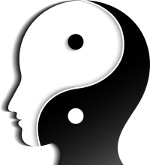 WELCOME TO POLAR WARRIORS: If this is your first time visiting my website or channel, welcome to “the Polar Warrior experience!” My channel is completely dedicated to helping individuals, families, and friends who struggle with, or know someone living with Bipolar Disorder. My goal is to provide actual Bipolar tools and to discuss topics which can potentially help “Polar Warriors” grow to live a more balanced, peaceful, and fulfilling life.
WELCOME TO POLAR WARRIORS: If this is your first time visiting my website or channel, welcome to “the Polar Warrior experience!” My channel is completely dedicated to helping individuals, families, and friends who struggle with, or know someone living with Bipolar Disorder. My goal is to provide actual Bipolar tools and to discuss topics which can potentially help “Polar Warriors” grow to live a more balanced, peaceful, and fulfilling life.
Want MORE From Polar Warriors…
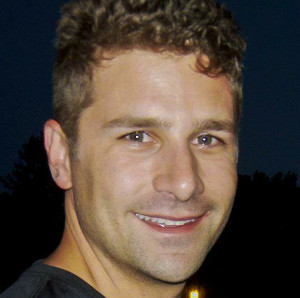
“We couldn’t do this without the support of those who believe in what we’re doing. Please help Polar Warriors reach more people by sharing about us on Social Media or by donating. Together we can save lives.”


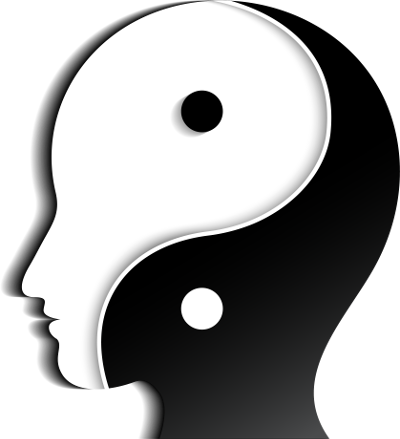


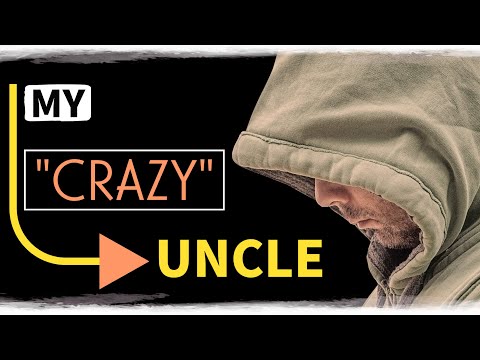

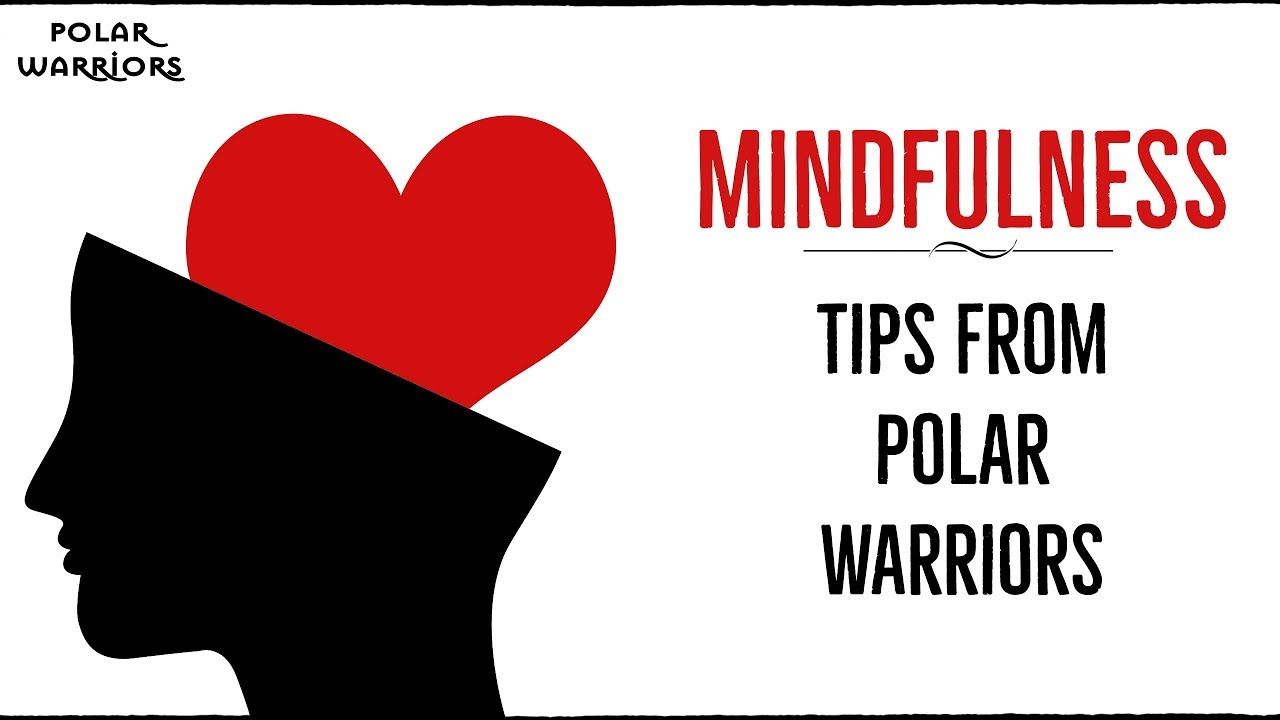

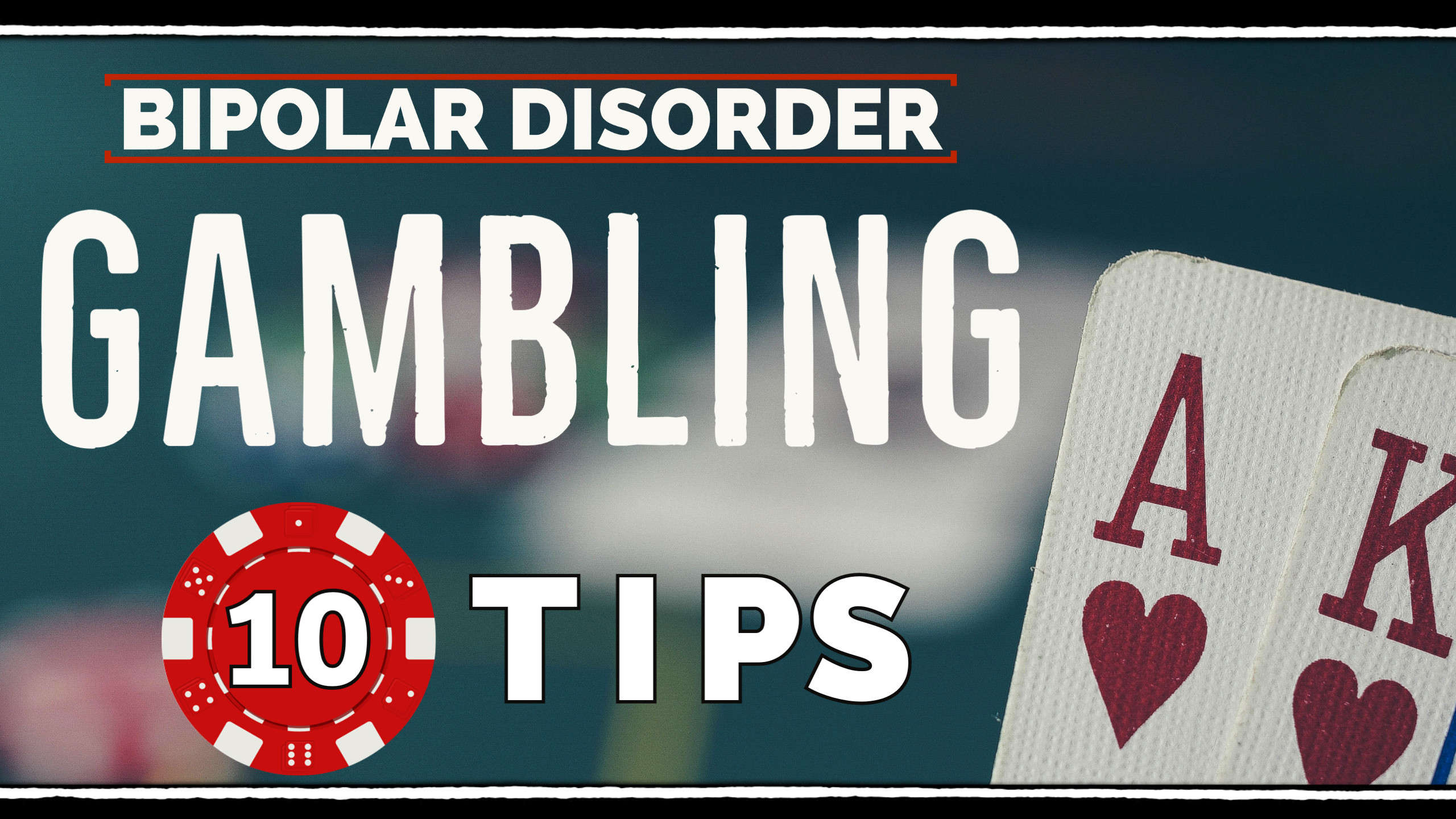

Great work. Your video’s have helped a lot. My wife is bipolar 1 and hypersexual. She’s done the unthinkable and I cant make the guy she was with understand what she’s going through. For him it was all real, he’s well educated and I was convinced he would understand, he’s too lazy to Google how hypersexuality can manifest in bipolar sufferers or its becouse of his inflated ego, now his blaming her for manipulation, shaming her in public, belittling and just being an a-hole, he never apologized to me or his wife and has done no wrong, he considers himself the victim, I quess that’s becouse now he’s gotta get up from the couch and actually help out his wife with everyday tasks instead of leaving everything to her and blaming her for not giving him any attention. He is seen as a good guy by everyone, a sweet talker, and no one knows his dark side. He has Narsasistic traits, lies a lot, manipulates his wife, exploits my good nature and is a terrible person. Me and my wife don’t talk or respond to his bait, I just can’t believe there’s people out there like this who take advantage of the illness and don’t even acknowledge that it exists.